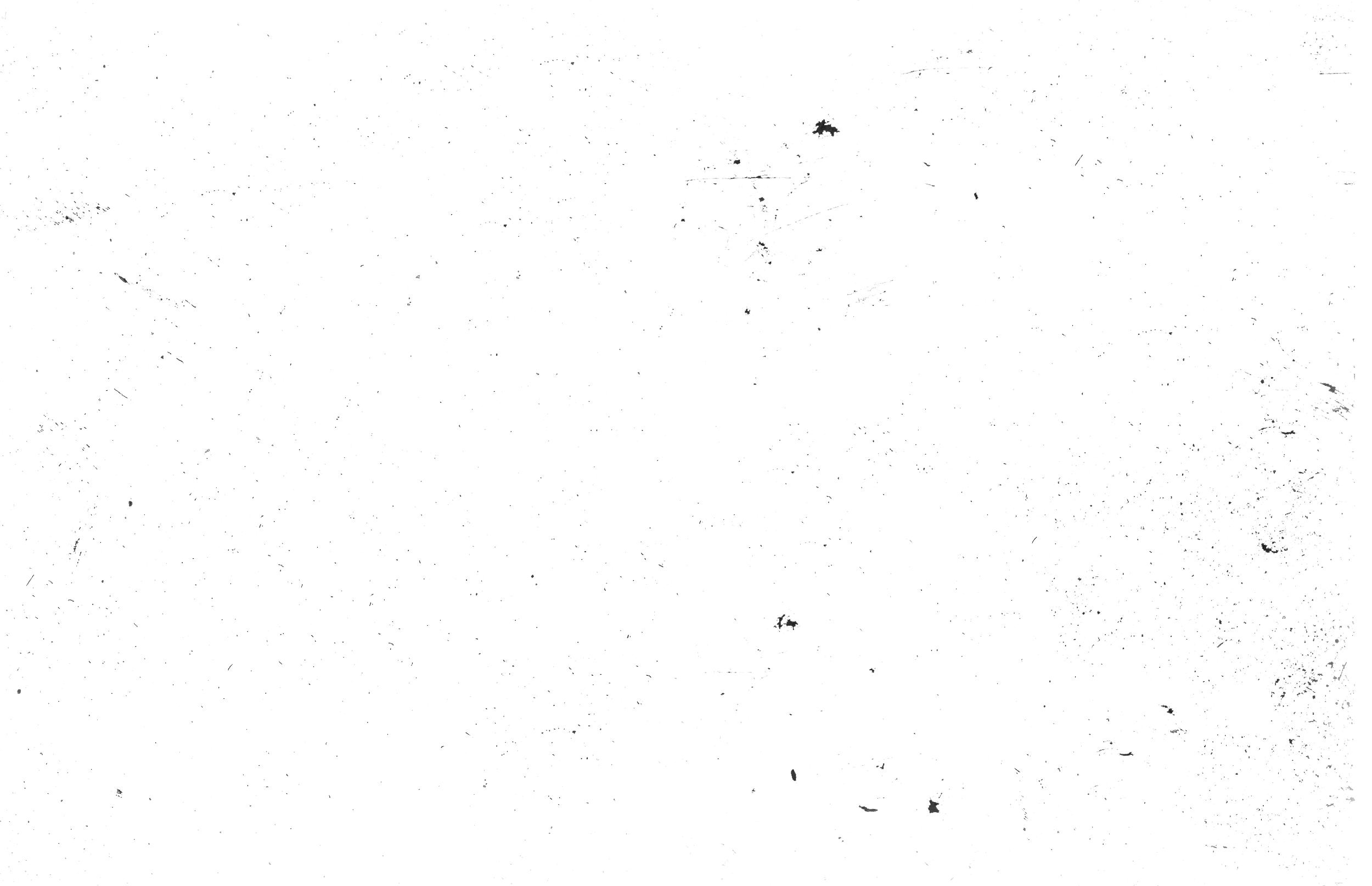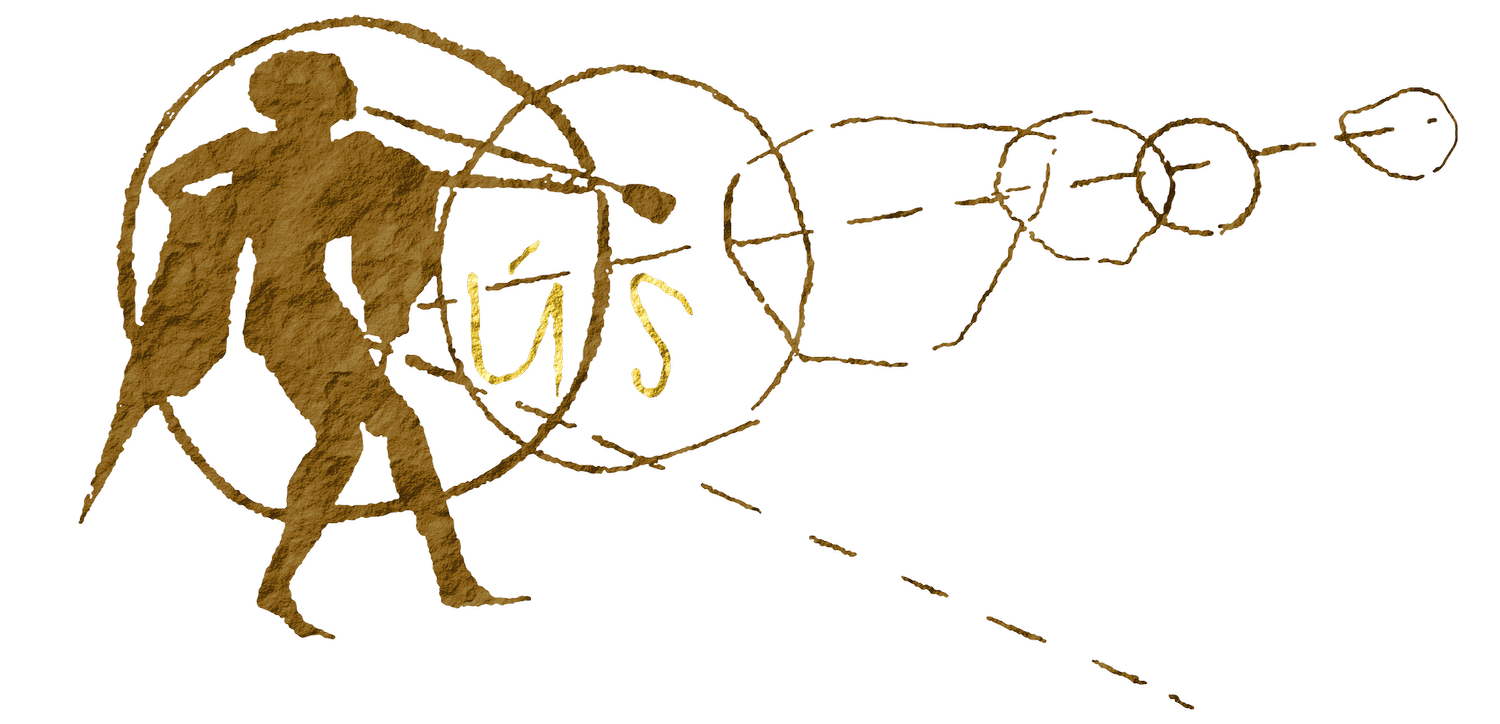
library: archived writings, music, research, books and media from community
.
When grief comes, give it something to eat
Bayo Akomolafe
The day following the explosions and the bombs and the torn strips of flesh that bloodied the soils of contested homes, the world congealed into two angry camps of barbed solidarities. They asked, who do you stand with? Do you condemn this? Won’t you condemn that? Do you not see how lives are being lost? Don’t you see how supporting that makes you a terrible person? Don’t you see how failing to take a stand makes you complicit in the perpetuation of violence?
It was tempting not to see.
The media landscape offered nothing else except this frontal assault on visuality. Pixelated screens of horror. Suited parliamentarians making declarations. Screaming children enveloped in mushrooming clouds of dirt, debris, and death. And little flags– the stripes and hues of colour and pathos that convened the sides of an angry war and its tussling rationalities.
I wanted to take a stand. Whatever that meant. It would have been the easiest thing to do. But I met a god once. A wild one with a hunchback and a prominent horn that sprouted from the back of his head and ran down the middle of his mangled back. He stole into my home, with a dirty sack tied around his wrist. He smote my thigh and left me broken. He disabled me, and then fled from the site of his crime with my confident gait, leaving me with a limp.
I haven’t been able to stand properly since.
However, my failure to stand well, to rise to the heights of a Kantian morality, offered me a strange glimpse of a desirous world beyond separability. A world of entrainments and turns and more-than-human flows. A world not composed of already predetermined, discrete objects and sovereign actors. A world of dense algorithms, territorial patterns, principalities, and powers. A world of fugitive leakages and minor gestures.
The trickster-god’s gift of incapacitation forced me to notice, to feel, to sense the minor gesture, not the big picture. Instead of an already-resolved perpetrator acting out against an already-designated victim, the speculative, shimmering outlines of a ricocheting bullet traced out an ecology of practices that preserved those roles in their dynamicity. The violence was not an act of stable actors in a room; the violence was the agency of the room.
When we think of violence as a matter of forcefields, instead of as something originating from discrete actors, it compels us to think in ricochet. In place of a fixed source, we think in terms of the emergent materials in the assemblage that condition the event. We notice glancing rebounds, zigzagging complexities, surface tensions, the dynamics of multiplicities and crisscrossing effects. We think in terms of what the room is doing, instead of focusing mainly on the occupants.
Something about the imperatives to take a stand came across to me as an ableist reinforcement of terms of engagement I could no longer properly adhere to. Like the priest in a story told by Bishop Desmond Tutu – the one who had left his strolling companion and continuously jumped into a nearby river, in an increasingly quizzical series of successful attempts to rescue active drowning victims, only to abandon a final victim in order to “catch them where they are falling in” – I felt it was important to run upstream, to sniff out the minor gesture in the upbeat, to be spirited away.
And so, I ran upstream, zigzagging away from the highway of modern solidarity- making rituals. I scurried back to my room. I wanted to listen for something else, a fragile strain of otherworldly music, a grounding halt in the ritornello of contemporary accountability. The jarringly heavy knocks on my door threatened to drown out my quiet vocation of making ready for an unknown guest. Of waiting well. But I kept at it, hobbling across the dirt floor, turning the dishes this way and that, folding the clothes, sweeping away the cobwebs, and watering the plants.
I waited for a prophetic arrival as I went about my daily chores, putting things in their places. I came upon a dirty sack in a corner. I didn’t recognize it at first. On close inspection, I realized it was the god’s sack. He had left it when he came to steal my rectitude. I never did give it much thought, but now that I gave it attention, it seemed to stir and move on its own. Something was inside. A little thing. I leapt at it, undoing the string that held its mouth shut. Out crept a little dog, head bowed. It crawled into my hands, eyes seeking, chest swelling and shrinking like a symphony of bones and dust. Its paws pulled along with them a little note. I picked it up and read the words of a god:
Her name is Grief. Give her something to eat.
***
What do we do when all we can do – it would seem – only reinforces the paradigm of troubles we’d rather leave behind? Where do we go when we reach the end of the road?
That we can always do something, that there is always something to do, that volition is a human attribute that predates the experiences within which they are exercised, that solidarity is an expression of that sovereign will, and that indifference is a terrible sin and moral failing of the proper subject, is an anthropocentric rendition of responsibility.
By situating response-ability within the human subject, we lionize action as an always available property we have. Perhaps another view is possible: that responsibility is territorial, not human. And that to act is to act-together-with others, with inanimate matter, with architecture, with fields, with nonhumans. And that, as such, there are moments when there is no available answer to the question “what do we do?” That is, “saving the day” isn’t left to us humans; and there is often no response to the question of responsivity that does not leave us squarely within the machinery of the familiar. Within the logic and rationality of the already known.
In the short story told by Ursula le Guin, called The Ones Who Walk Away from Omelas, ‘right action’ becomes impotent, critically unable to cover up the gash in thought that the misery of a wretched child represents. Because there isn’t anywhere to go in the utopian project of Omelas that isn’t already complicit in the creation of misery, some walk away with their grief. Across the fields, across the lawns. They fall off the text, and accompany their griefs into non-legible, fugitive futures.
Grief is mutinous like that. It seems to steal away composure; it leaks into the otherwise clean apartment. It indwells the strata, proliferating like a fungal infection, entraining the mixture, infiltrating the body, inflecting the sovereign. Grief doesn’t produce along capitalist lines very well. So, we build ramparts to defend ourselves against it. We enshrine happiness in our ecumenical constitutions and attempt to confine grief to the asylum.
But it spills. Grief is spillage. A kind of tearful leakage. And this is what makes it scandalous to enterprise. Why we scramble to tidy the spills and clean the pipes.
Grief is how loss travels. How the trickster wanders across the terrain of the fully known, the fully designated, the fully realized. This wandering, this tracing, this unzipping is a choreography of the minor, the germ of the exquisite. An opening.
When solidarity doesn’t work, when justice chokes our necks, when the distance between ‘right action’ and ‘wrong action’ seems troublingly unclear, we can watch for openings. We can make sanctuary for the cracks, for the openings, for grief to do its work.
It may seem like little. It may not seem enough or adequate to the work of creating solutions. But holding space for grief is threshold work. It is a tenderizing that allows bodies to breathe, to lose their imperviousness, to hold and be held.
We need a sanctuary project that is committed to the task of hosting grief and its tensions. We need ways of reminding ourselves that when grief shows up, we must give her something to eat.
“It’s tempting to be anti-something, but that’s a hardening and I think in the hardening of it, you could miss out the minor gestures, the leaks, the reorientations, the
openings.”
— ERIN MANNING

A conversation with únashay stewards
4 stewards of únashay grief sanctuary gather to explore grief as excessiveness, what a grief sanctuary is, and how our capacity to envision new ways to collectively grieve might be one of the most relevant threads of sanity we have.
And invite you to our land gathering and fundraiser for únashay- Saturday, April 20th, '24. Visit HERE to learn more + buy tickets.
On Rootedness and Power,
<in a crumbling colonial imperial world, we grieve and move towards global intifada>
by Sarah Sao Mai Habib + Home Sovereignty Studio
“Returning back to Noria gathering and the clay oven that late October night; I made offerings to the land and asked for support. Because I was with a group of mostly strangers who graciously offered their trust to me; I introduced myself and expressed the texture of my own grief in that moment. I was thinking about how the self and the collective are fragmented through colonialism and other systemic brutalities. And also how we can work to prevent more fragmentation, and to integrate our fragments with the support of land, elders, ancestors, practices, and iman (faith).”
Read Sarah’s full essay here ⊹ https://sarahsaomaihabib.com
On making a grief sanctuary
Have a listen to a conversation between Aimee Wilson and Bayo Akomolafe, on making a grief sanctuary. April ‘22.





